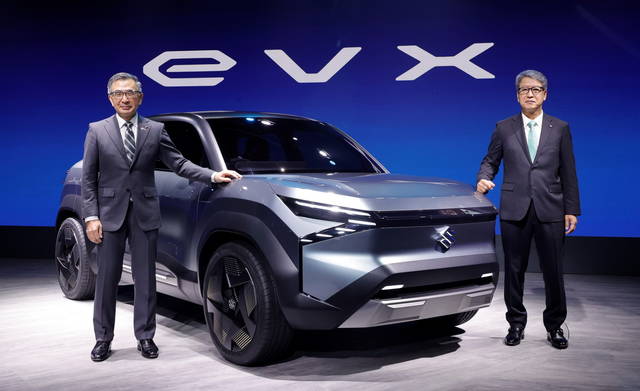Aitana Fidondo
Marketing student
In a world where science fiction meets reality, artificial intelligence is no longer just a pipe dream. In today's marketing landscape, AI not only exists, but is advancing rapidly. Did you know that over the past five years, the use of AI in marketing strategies has grown by 300%? In this way, we are no longer just talking about the future, but about the present that makes us rethink the way brands communicate with their audiences.
As a passionate student of marketing, I can't help but wonder: What fate does AI hold for our field? We are at a turning point where this technology has exploded in challenging, questioning established rules and redefining what we have known so far. The big unknown is: How will this revolution affect the coming years? Will it allow us to understand consumer behavior in depth, or will it provide us with the tools to design more effective and personalized strategies?
Today, artificial intelligence is not just a theoretical concept, but rather a tool present in our daily lives. Have you ever noticed how artificial intelligence shows us ads and recommendations that seem to know our tastes and preferences down to the millimeter? In the world of marketing, where the goal is to deliver the right message to the right audience to attract new customers, AI presents itself as our essential ally, helping us decipher user preferences and behaviors and becoming an extremely useful tool for marketing professionals. .
According to experts, this is just the beginning, and AI is poised to deliver its full potential, delivering amazing improvements among consumers and brands. One such development is AI-powered chatbots, which are designed to provide quick and personalized responses. Some brands that already have it are Biotherm or L'Oréal Paris, whose brands already allow polls on their web pages to find out which product suits the user's skin best. This personalized approach is not only limited to recommending specific products, but represents the beginning of important changes. Implementing these small but powerful advancements aims to elevate the consumer experience towards complete customization and, as a result, towards unprecedented success.
Another transformation that artificial intelligence will bring to marketing is the automation of content production, adapting precisely to user preferences and the specific goals of each company. Not only does this advancement enable unprecedented customization, it also brings us uniquely closer to our customers. When we analyze available data, the ability to provide individualized content allows us to create deeper, more meaningful connections with our audience.
Now, the main question arises: How will this imminent future affect marketers? According to expectations, artificial intelligence will become an essential ally, enabling experts to make smarter decisions thanks to the quality of data they can obtain. This will not only help in understanding customers but will also enable predictive analytics, which will help predict market trends and needs with unparalleled accuracy.
In short, AI is more embedded in our environment than we realize, and uniquely embeds itself in the world of marketing. From the perspective of a student in the same major, I came to the conclusion that we should not view these changes as obstacles, but rather as opportunities to enhance communication with our audience. For this reason, AI training becomes essential learning in which we must invest time and effort. Only with this knowledge will we be able to achieve our main goal: to meet the most specific needs of our customers more successfully than ever before.

“Infuriatingly humble social media buff. Twitter advocate. Writer. Internet nerd.”



